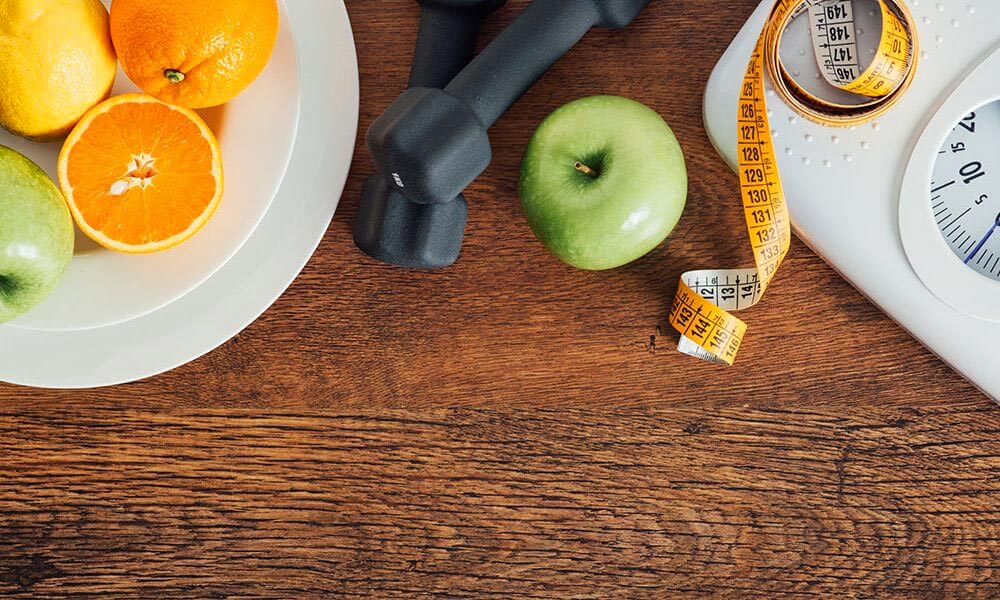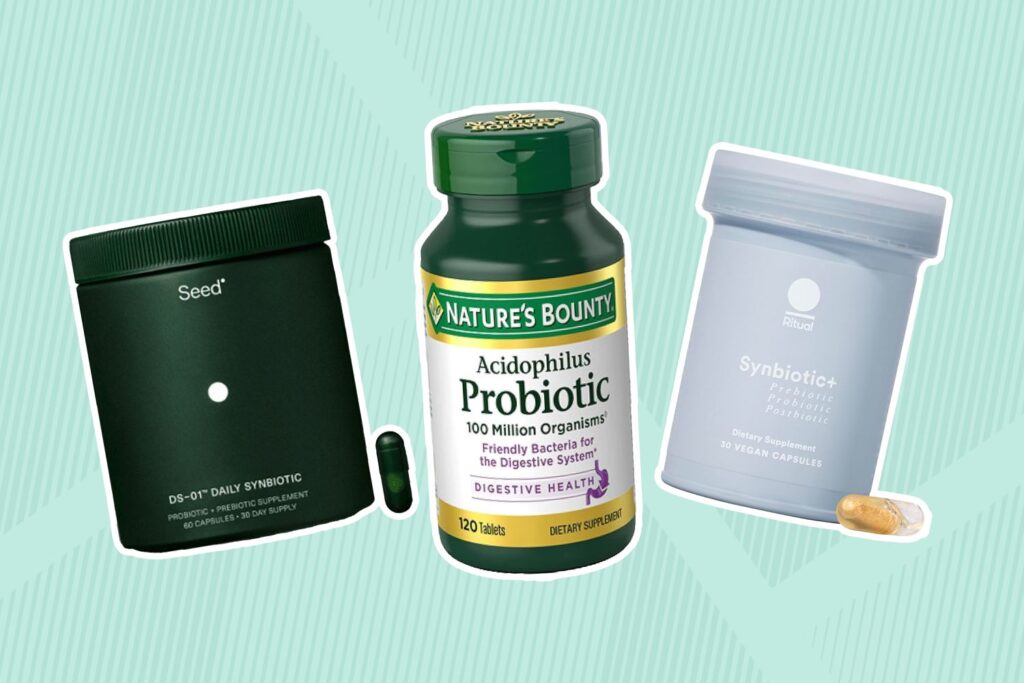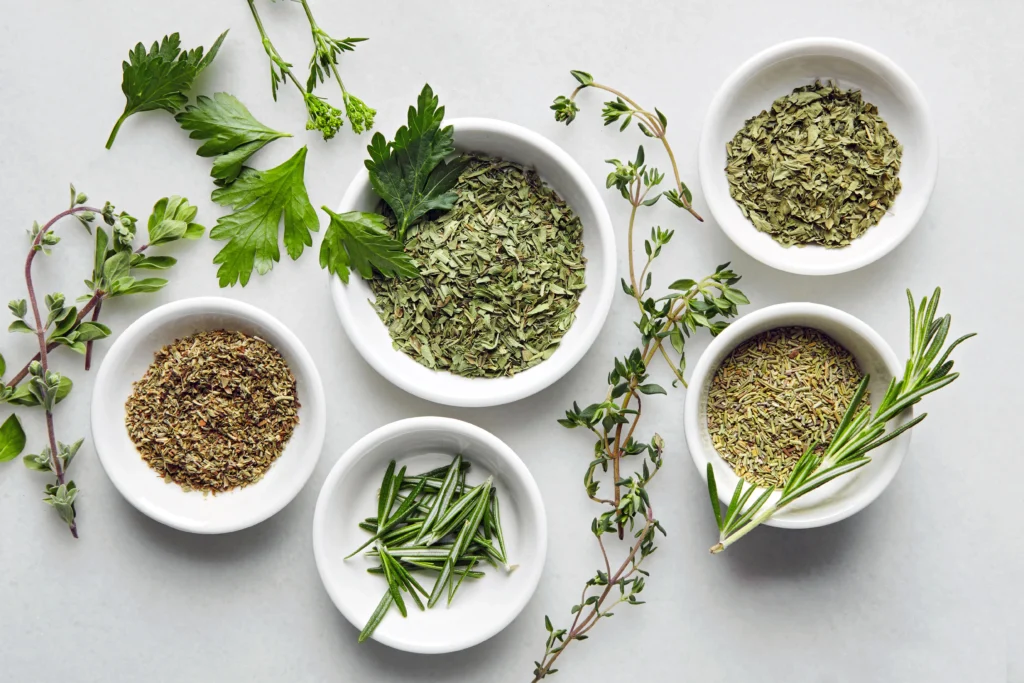
Welcome to MTalki. Today we will discuss about the major thing for human’s which is called health. How to improve your health.
Overview
Improving your health is an awesome goal, but there are so many factors to consider. Where do you start? Don’t worry—we’ve done the research and compiled a list of tips and tricks you can use to starting improving your health today. Many of these are ideas are super easy to incorporate and even small changes can make a big difference!
Spend More Time in Nature

Exposure to natural environments may lower stress and prevent illness. Can it really be that simple? Research is ongoing, but scientific studies do indicate that spending time in nature can actually improve your health. There’s no wrong way to do this—take walks, hit the local trails, go fishing, visit a park or arboretum, or start a garden in your own backyard. Even sitting quietly outdoors is beneficial! The key is just to get out there and enjoy nature as often as you can.
Take a Probiotic Supplement

Your gut plays a crucial role in your health and well-being. Disruptions and imbalances in gut bacteria have been linked to serious health problems like inflammatory bowel disease, obesity, diabetes, and cancer. Taking probiotics can help restore balance by introducing doses of “good bacteria” into your gut. Research is ongoing, but potential benefits include improved immune system function, better digestion, and more.
- Probiotics contain different strains of bacteria, so it may take some trial and error to figure out which strains benefit you the most.
- You shouldn’t take probiotics if you have a compromised immune system. If you have a serious health condition, talk to your doctor before trying probiotics.
- There’s evidence that gut health may influence your mental health, too. Taking probiotics could potentially help with issues like anxiety and depression.
Consume Fresh Herbs

Eating herbs may protect you from illnesses like cancer and diabetes. Fresh herbs are rich in antioxidants and boast countless other potential health benefits. Best of all, they’re delicious and easy to add to your favorite salads and dishes. To enjoy the most benefits, consume the freshest herbs you can get your hands on. Dried herbs are less potent, but they provide health benefits, too!
- Fresh garlic, fenugreek, and lemongrass may help lower cholesterol. Garlic may also lower blood pressure.
- Fresh onions, chives, leeks, mint, basil, oregano, and sage may help protect against cancer.
- Rosemary, sage, and oregano contain high levels of antioxidants.
Eat a Healthy, Balanced Diet

Focus on nutrient-rich foods within each food group. A healthy diet boosts your energy, helps you maintain a healthy weight, and lowers your risk of heart disease, diabetes, and cancer. Aim to eat a balance of whole grains, lean protein, fruits, veggies, and dairy products every day. Variety is also important! Try new foods and change up your weekly meals so your body gets all the nutrients it needs. A few helpful tips to get you started:
- Bring easy, portable snacks like nuts, bananas, and baby carrots with you to work or school.
- Plan your meals for the week ahead so healthy options are always within reach.
- Prioritize foods that are high-fiber, low-sugar, and low-salt.
- Reach for healthy fats in foods like fish, nuts, and avocados.
- Leafy greens like kale, broccoli, and cabbage are packed with nutrients.
- Avoid saturated fats, hydrogenated oils, refined sugar, and processed foods.
- Be sure to check nutrition labels for serving sizes; proper portioning is important, too.
Drink Plenty of Fluids

Fluids keep your entire body functioning properly. Water is the healthiest option, but juices and water-rich foods like soups, fruits, and vegetables are good, too. If you’re struggling to get enough fluid every day, try using bigger glasses (fill them up completely every time), drinking with a straw, and carrying a thermos or refillable bottle with you to work or school every day.
- How much fluid you need every day depends on factors like your height, weight, activity level, but in general:
- Males need 15.5 cups (3.7 liters) of fluids a day
- Females need 11.5 cups (2.7 liters) of fluids a day
